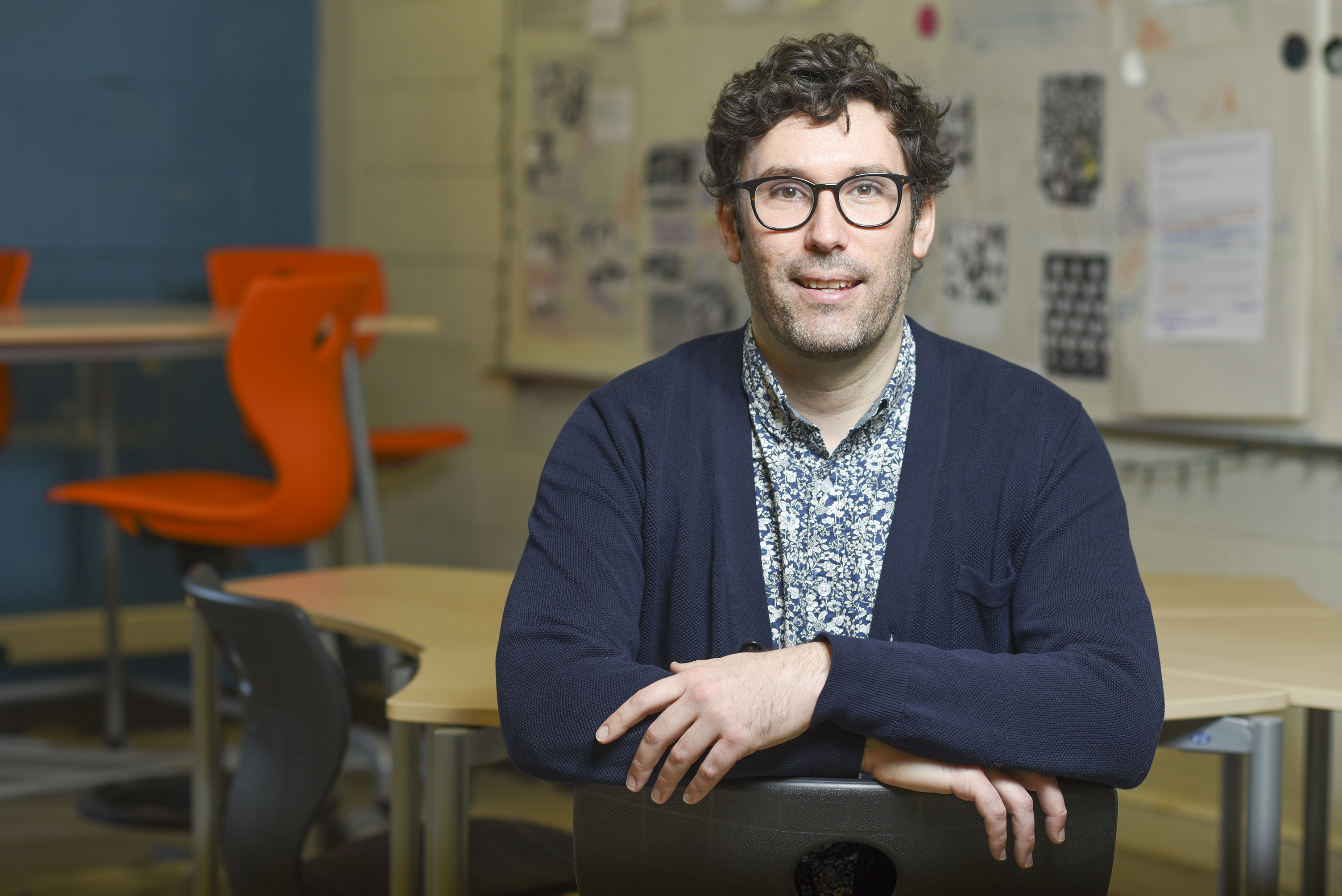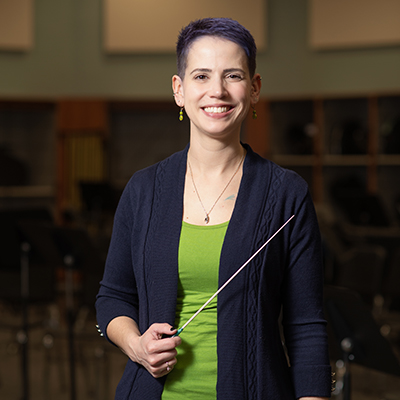Get a ‘Jump Start’ on National Board Certification
MEA member Chris Erickson remembers early in his teaching career when he was easily discouraged by defeat, because he didn’t realize change takes time and persistence is a skill.
A shift in his thinking happened when he attended NEA’s Teacher Leadership Institute (TLI), a fellowship program creating a national network of teachers to mobilize, advocate, and lead on issues concerning student learning, the profession, the association, and education policy.

Erickson credits the TLI training with launching his efforts to become a National Board Certified Teacher (NBCT), a designation he achieved in 2017. Erickson works as an English teacher and coordinator in the International Baccalaureate Program at Ann Arbor’s Huron High School.
Now he wants to light a path to leadership for other educators to follow.
In this Q&A, Erickson discusses his journey and the three-day NEA-developed Jump Start training that he and a fellow NBCT will facilitate this summer in Lansing for educators wanting to pursue National Board Certification.
How did TLI lead you to become a National Board Certified Teacher?
It allowed me to see myself as a teacher-leader and develop the skills to act on goals. I worked with two colleagues on a project focused on getting our district to recognize National Board Certification in our salary schedule. We’re still working on it, and as part of that I’m now on the salary committee for my union. That’s the long-term vision I learned through TLI. If things don’t happen immediately, it takes work. You have to try multiple angles and network with people.
I always knew I wanted to do my national boards, and when I finally took the opportunity I loved the entire process. It’s what I wish PD [Professional Development] would be in my district because it focuses on reflection and getting the teacher to look at instructional practice.
Why is it important to get National Board Certification on the salary schedule?
Applying it to the salary schedule is part of raising the teaching profession. We are skilled at what we do, and a National Board Certified Teacher is an expert. Acknowledging that with pay is something all districts should do.
We’re also in the process of advocating for our state to pay teachers more if they’re National Board certified. Washington state does this, where teachers who get their certification are paid $5,000 more by the state for every year they’re certified, so the district doesn’t have to decide whether it can afford to support National Board certification. The state is saying we believe teachers are stronger when they’ve gone through the process, and we believe students benefit when they have National Board Certified Teachers.
Why should an educator consider National Board certification?
For teachers who want to become teacher-leaders without stepping out of the classroom to become administrators, national boards provides an avenue to ask, “What’s next?” If a teacher is feeling stuck in their instruction, or stuck in a rut in their career, national boards is a great opportunity to get a fresh perspective.
How did the process change you?
I hadn’t done video recording of myself teaching since undergrad, and it was eye-opening to see what my students see every day. This is what I sound like in terms of pacing. This is what my wait time—or lack of wait time—looks like. When you’re in front of the classroom day in and day out, it can be easy to forget those things. Then you see it in action and either feel like, “Oh, I did that really well,” or, “Oh my gosh, I’m totally neglecting this side of the room,” or, “Look at how this student over here is disengaged.”
That’s what is so valuable about national board certification. It’s not about proving I’m an amazing teacher. It’s reflecting and being honest about things I do well but also acknowledging where I need to grow, and then reacting and changing. That is the only way we get better.
Do you find teachers are intimidated by the National Board certification process?
Yeah. And this is a big shift that National Board has made with a revision two years ago. The old-school way of thinking was this is a hard process that you have to do all in one year that’s really intense. And the revision shifted away from that to make National Boards for everyone. So now, teachers can do it over the course of three years. It’s still four components, but the goal is for all teachers to benefit from doing it.
What happens in the three-day Jump Start training you’re offering this summer?
Jump Start has been developed by NEA member teachers from all over the country. It walks teachers through the different components and foundations of National Board certification. We get a broad overview of what is required for each component. We also focus in so teachers have a clear sense for their content area of what the requirements are.
The goal of Jump Start is that teachers leave with a clear sense of what they need to do to be successful in those components and when they’re going to get this work done.
What do you say to teachers who might be interested in National Board certification but already feel overtaxed?
I would say to people if you’ve reached where you want to go in your career, and you feel like there has to be something else, there are other people interested in the same things in terms of honing the craft of teaching. It can be scary to take on a commitment that will require a lot of time, but that’s where Jump Start fills that gap, making it visible so teachers can see it’s not as daunting as it can appear on the surface. It’s totally doable and manageable.


